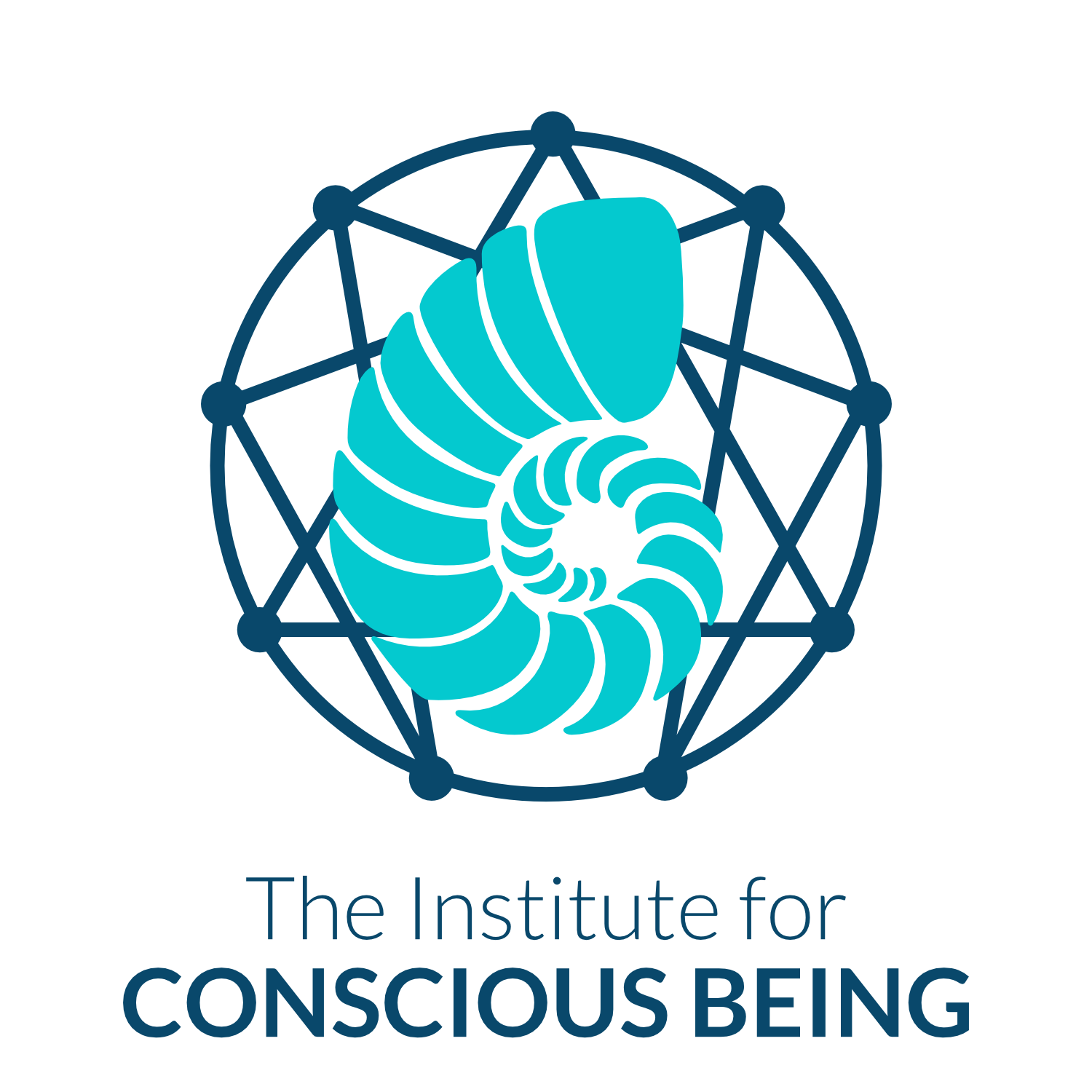Making Peace with the Past Part 3
December 1, 2024
Making Peace with the Past Part 3
When a person says, “I want to redeem myself” or “Let me redeem myself,” they are saying they want a clean slate—they made an error and want to make it good. This means they need to do or give something to “even the score” as it were.
Our English word “redeem” comes from the Latin word “redimere,” meaning to buy back or repurchase something we sold or gave away. The Latin root of “redimere” is “mere,” meaning “buy,” so the word “redeem” means to “re-buy.”
Thankfully, I have re-bought many things in my life; so, I consider them redeemed. But as I become more conscious, other things regularly come to mind that also need redemption. Some things said and done were misguided and, therefore, hurt others. I never consciously meant to do anyone harm, but because of my being unconscious at the time, my behavior created unintended collateral damage. The possible negative impact of my behavior was buried deep within until I began serious inner work, which sensitized me to everything, most of all, to my own actions. Redemption for me includes Self-compassion and forgiveness from God.
I believe that becoming conscious carries the necessity for continuous redemption. The more we become aware, the more of our soul we know— we may be in touch with our regrets. But also, we recall the beautiful things we did—our acts of kindness, mercy, and grace. We remember when love was chosen over other options. We remember when we met insult and injury with honor. Yet, we also remember when we regressed, failed, and didn’t see the truth. We become aware of how our ego closed our eyes to the needs and situations of others—that we unintentionally hurt others. This new awareness can weigh heavily on us and burn like hot coals if not redeemed. What damage might our errors do to us if we are unaware of them?
The good news of consciousness is that we now have the chance to redeem our errors, the things we did intentionally and unintentionally that hurt others. It’s a “purging” of the soul—a way to acknowledge our mistake and to repurchase it or take it back and dispose of it. Again, we do this in sacred space. Yes, on hallowed ground, we redeem our errors by speaking what had previously been the unspeakable because we didn’t even consciously know it. After speaking these things, we then simply pray a prayer for forgiveness:
Dear God,
I am so very sorry for the hurt I caused __________. At the time, I had no idea of the larger situation or the impact of my words and actions. But now, I humbly ask for your forgiveness in the consciousness of my actions. Amen
Spiritual practice: As more comes to mind from the past—the wonderful and not so wonderful, keep a list of these in your private journal. As each re-memory surfaces, express thankfulness for the wonderful and for that which needs redemption; speak it aloud and pray for forgiveness.
Self-inquiry: In sacred stillness, what comes to mind that must be redeemed?
Dear God,
Why do I make simple forgiveness so hard? Why do I avoid redemption? Is it because of the shame of speaking the unspeakable? If so, grant me the courage to accept your forgiveness and to wipe away the shame standing in the way, dear God. Amen.


